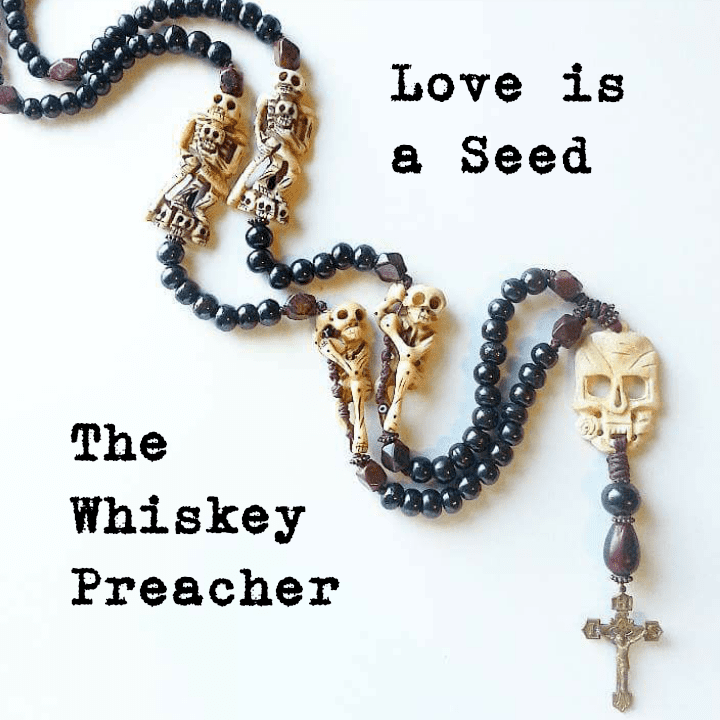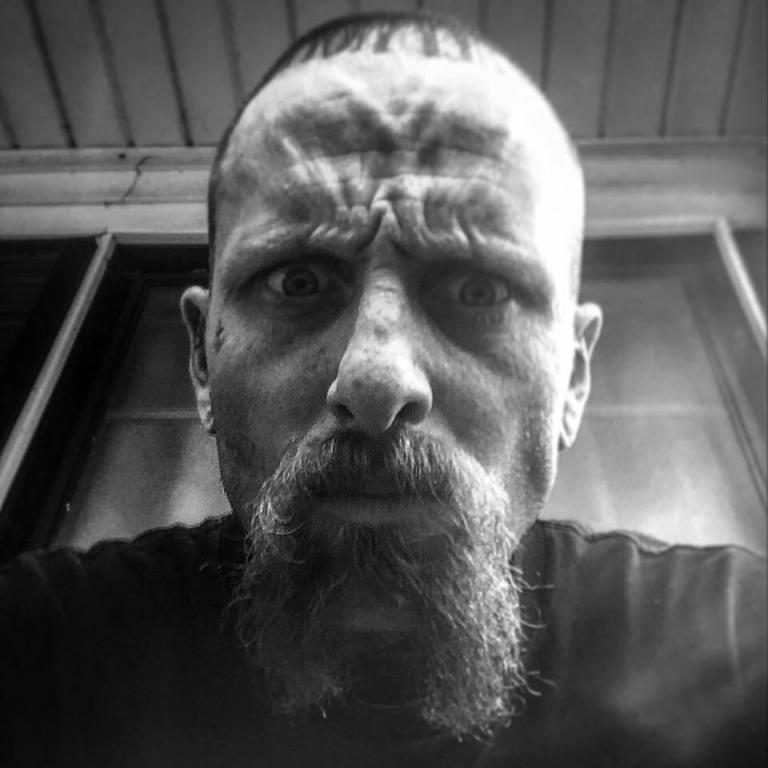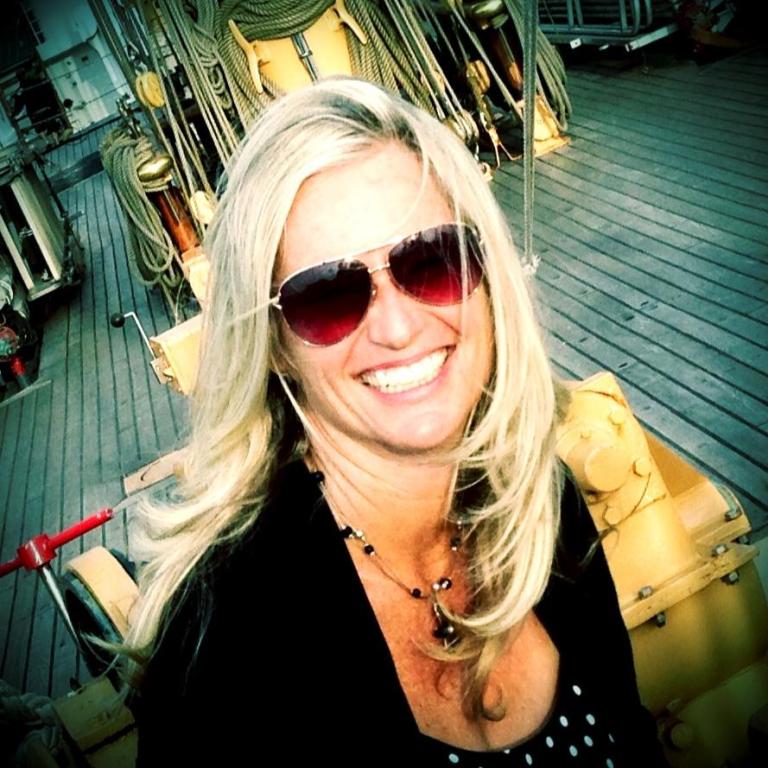I have been asked by several to re-post my conversations that I had with my friend almost a year ago on philshepherd.com which now is my professional site with my resume and speaking examples hangout. So, as requested I am re-posting my dialogues on homosexuality that I had with my good friend Dave who I grew up with in Alaska. I would like to remind everyone that I love Dave, but we have agreed to disagree on this topic and have gone on with our lives. So, without further a do he is the 4th and final part of my dialogue with Dave.
Dave-
I realized something the other night: You share with me one of my most embarrassing moments in life. Do you know what I am talking about? If you don’t, let’s stroll down memory lane for minute. I believe it was spring break of your senior year of high school and we were at the Youth Evangelism Conference in Anchorage, which my home church at the time was hosting. Does any of this ring a bell? Let me continue to paint the picture for you, if I may. Dennis Baw was the YEC speaker that year and it was night session where you, Shel, and I were sitting on the floor in the front of everyone (as all good sold-out Christian teenagers do) to digest every word that was being tossed to us, like alms to the poor. I don’t remember the inspiration that was being bestowed upon us that night because I was conscious of the pain that was enveloping my abdomen. I was so uncomfortable! However, I remember thinking that how big of a distraction I would be if I got up and left quickly. It’s not like I am not a noticeable presence, even back then! I remember the church being filled to capacity and both teenagers and adults sobbing for their salvation. Then it happened. Do you remember? Dennis asked for us to bow our heads and as we did, I repositioned myself to try to relieve some of the discomfort that I was having – and I was relieved more than I bargained for! I remember that my intestines began to shake like an epic earthquake and before I knew it, the loudest ass dusting I have ever created in my life erupted out of my colon. I was mortified. I was sure that someone’s salvation was hindered because I had eaten Taco Bell for lunch. I remember sitting there – between you and Shel – with our heads bowed and our eyes closed, laughing hysterically because my bowls had decided to commence shock and awe unto to everyone who was in my vicinity. LOL Do you remember that at all? It was something my subconscious won’t let me bury, obviously!
Do you remember Tracy, who my youth pastor at that time? Tracy was not only my youth pastor, but he was one of my first mentors in the ministry. One of the most valuable lessons that I learned from him was: always ask questions. I remember a lot of times in his teaching, he would ask the group: why do we take things at face value? We needed to dig in and ask questions and find the truth in what was being said (he was ahead of his time). He use to say that one day he was going to teach us something completely false just to see if we were paying attention and asking questions. And I remember one Wednesday night at youth group. It was a Wednesday because that is when all Southern Baptists have their midweek youth service and Tracy was teaching us on Melkezadek. I thought it was the test; I thought that Tracy had thrown down the gauntlet and was telling us a bunch of lies. So I told him so. With a big smile on his face, he gave me the scripture reference that he was referring to (Hebrews 7:11, Genesis 14:18-20) and thanked me for calling him out on it. That was a pivotal moment – pivotal in whom I have become today.
Later in life, when I began transferring scripture from out of the center of theology and replacing it with the Triune Creator as the basis of my theology, I didn’t give up on scripture. With the illumination of the Holy Spirit, it becomes a living document (a John Calvin concept) that points to God. During this process in which the “change” happened, I asked a lot of questions and I was comfortable to do so because of the challenge Tracy, in particular, had helped bring to the table: to ask questions early on in my journey. Later I realized that I had a unique experience growing up – because my friends, who also grew up in church, were taught never to ask questions. It was a sin to many of them to even question God, the bible, or an authority figure (who was usually their pastor). We, in the Church as a whole, don’t know how to question, let alone are taught how to seek answers.
So when I was in college and especially in seminary, I began to ask questions – and a lot of them. One of the questions I asked is: How can I take scripture as literal as I do when I don’t follow Levitical law literally or keep my hair short as Paul suggests (even though we know that Jesus, who is to be our example, had long hair because he was under the Nasserite vow – this is just one example). Over time, I realized I was not a good literalist – not that I don’t think that some of the things said in scripture are not literal. However, I felt like I was taught not to read scripture as a complete narrative from the Creator. For the record, I do believe in the inspiration of scripture, as Paul suggests in Timothy. You realize, however, that Paul was not referring to any of his letters or the gospels as scripture? Paul was arrogant, but not that arrogant! LOL When Paul wrote that letter to Timothy he was referring to scripture as what we now call the Old Testament.
Now back to my central stream of thought: I felt like I was taught to pick and choose scripture to suit whatever theological argument I was trying to support at the moment. As I stated in my last letter to you, I was taught to methodically tear apart people’s arguments who did not agree with me by using scripture alone – and I was good at it. But it was never beneficial to anyone but my ego. This is why I have chosen to respond to you like I have. Does this make sense? I don’t feel that I have abandoned scripture, but have chosen to interact with it differently and hopefully in a more holistic way – at least for me.
I also found engaging scripture without the some historical and cultural context is not fair to the text. I know that I said this before, but I have a hard time believing you take everything at face value. You were a cop for too many years not to have learned investigative skills. You were taught how to look for evidence and piece it together with the testimonies of the witnesses before you made a final decision in an investigation. Say you show up to a crime scene and all you see is a teenager with a smoking gun and his father laying on the floor with a bullet in head. According to our laws, this teenager is innocent until proven guilty. From my eyes, he is guilty because he was caught with the smoking gun and his dad is dead. However, you where taught that is not always the conclusion to the case and it needs investigation. You know that he most likely killed his father, but you don’t know why. Was it self-defense? Or was it that he was off his meds and he was a little bastard that needs to be locked up for the rest of his life because he ended his daddy issues with a bullet? You won’t know until some deeper investigation happens. Scripture is the same way. Sometimes you have to know more about the situation before you make a judgment call. I was taught to investigate too – but in my profession it has to do with theology and scripture, not a crime scene.
To bring this conversation full circle, I bring this up because (from your previous letters) you hold to the presupposition that all scripture is literal and does not need a historical context for it to be interpreted (please correct me if I am wrong on this). I guess my question is: Why is that so? Why is it ok to investigate everything else in life, but not scripture? When I asked myself those same questions, the answer was: I was afraid of what I would find. I was afraid that my answer “because the bible tells me so” would no longer be a sufficient answer. Because conversations such as homosexuality, divorce, sin – and the list could go on and on – may change from my in-the-box fundamentalism, which I was accustomed to. I decided to no longer live in my fear and asked God to f’up my world. And my prayer came true. I had to have enough faith to know that God would lead me back if I veered off too far. Some say I have. And you may believe I have – but you have to realize I am ok with that. I would rather be wrong and stay faithful to what I believe the Creator has called me to do – and that is to fuck with boxed-in Christianity and to make people re-think how they interact with the Trinity. If you want to read about my calling in life, read Jeremiah 1. I didn’t choose it, it chose me. And this is how I believe the Creator has molded me into at this place and time.
So, homosexuality. Do I think it is a sin? No – at least not in the context in which we dealing with today, in the 21st century. The reason I believe this is because whether we want to believe it or not, scripture is not so cut and dry on the subject as we may think it is. Why was the word homosexual (New Testament) only translated as homosexual until the latter half of the 20th century? Why does the text not address female on female sexual relations? Even conservative translators suggest that the text only refers to male to male sexual relations. I am not trying to ignore scripture, but on the contrary, I want to try to find out what it is saying. And from the historical investigation that I have done on the text, it suggests that the homosexuality that is addressed in both Testaments have nothing to do with monogamous same-sex relationships. You can refute my statement by asking the question, “then why is homosexual used in the text now?” If we lived 60 years ago, it wouldn’t have said it. Our 21st century context has isogeted the word homosexual into the text because that is what we want it to say. Again, I will say I could be wrong (I am not covering my ass in saying this), but I don’t think so, at least in this time in my journey.
I hope you know that I love you and respect you! I hope I have not offended you, but challenged you to at least ask questions. I want to thank you once again for engaging this conversation with me and I look forward to your response.
Phil











